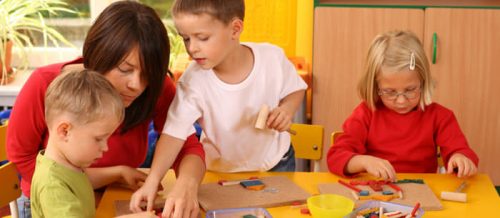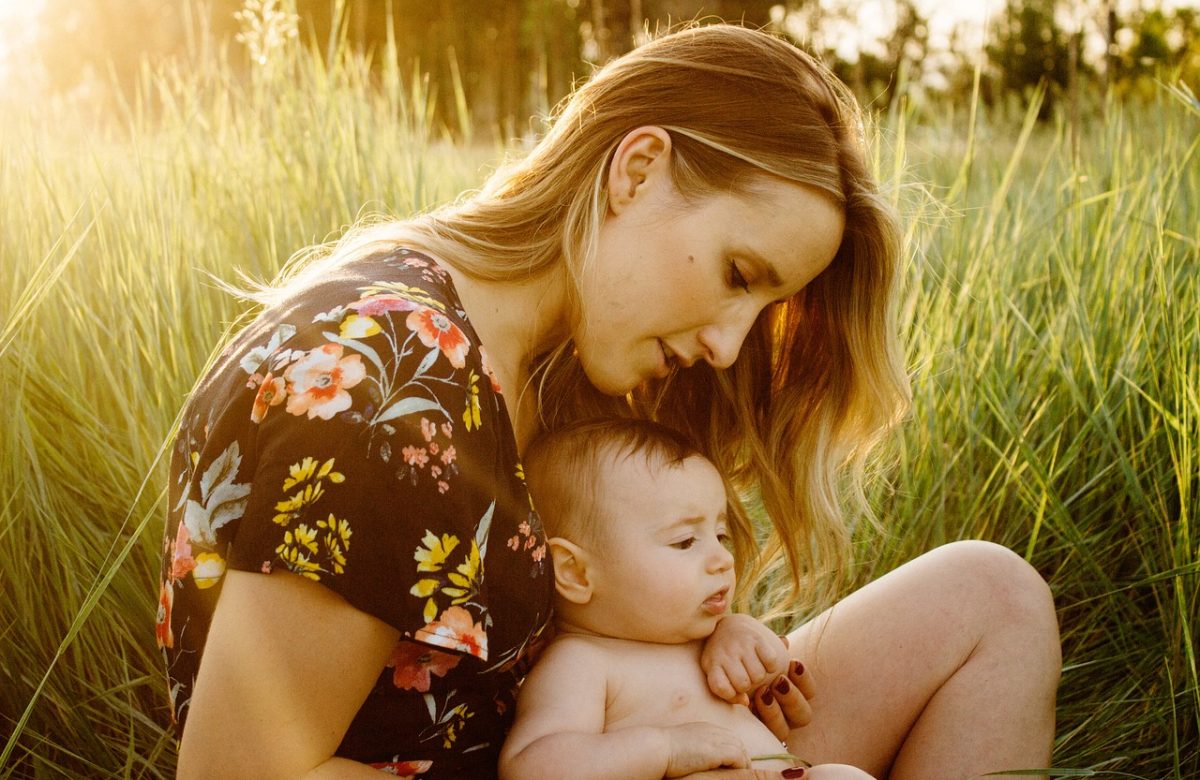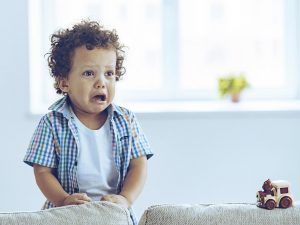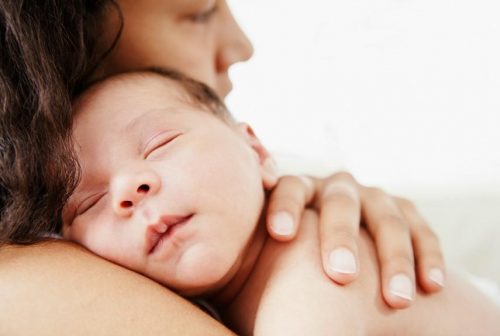
Bullying is one of the significant issues faced by students nowadays. Bully is an unwanted and aggressive behavior done by an individual usually a child or teen through real or perceived power imbalance like popularity, physical strength and access to embarrassing information to control and harm classmates or kids. It includes anything simple like spreading malicious rumors to physical aggression and even sexual assault. “Bullying may inflict physical, psychological, social or educational harm on a victim. Behaviors include verbal and physical aggression that ranges in severity from making threats, spreading rumors and social exclusion, to physical attacks causing injury.”, Dorothy Espelage, PhD explained. In essence, bullying is an abusive use of power. Studies show that even at a young age, children also seek the feeling of being in control and powerful. Often, bullies were at one point powerless in their life and realized that power is the better end of the stick. Abusing power through bullying can be addictive just like a potent drug. Another possible reason is the bully is hurting, and he used intimidation as a maladaptive defense mechanism. “Bullying is a problem that occurs well beyond the school years and prevention will take a comprehensive societal approach.”, Marlene Seltzer, M.D. wrote.
Provide a compassion and respectful relationship since the child is small.Parents are advised by experts to teach their children about bullying and how to handle such situations. Since whether we like it or not, children might experience bullying at one point in their life. The goal is not to bully-proof your child’s life but instead provide support to help him develop awareness and skill to protect himself and seek help. Research revealed the bullying could start in preschool and increases as kids grow. In general, surveys reveal that about 40 to 80 percent of school-age children participate in bullying behavior which shows the bullying is already ingrained in the school culture. Many children stated that they were subjected to bullying but also bullied others at one point. With these findings, experts recommended culture of school transformation, conflict resolution training, and restorative justice circles. Despite the efforts of school administration, it is still a struggle to curb the problem of bullying. The parents then equip their kids on how to stand up against bullying behavior.
The best way to prevent bullying and to be a bully is to provide a loving and respectful environment for the child. Do not use physical violence to punish and to solve conflicts since research has supported that it is associated with bullying behaviors.

Communicate with your child no matter what, and often kids are embarrassed to admit that they are being bullied. Always remember to have a good relationship with your child. Prioritize your relationship with your child more than anything.
Show confidence
Show your child that you don’t back down quickly just to avoid making a scene. Experiment ways on how to assert your rights respectfully. Remember your child is learning from you and his surroundings.
Teach your child respectful self-assertion.

Practice with your child’s words and phrases to say when somebody is bullying him or taking advantage of him. Examples are:
“It’s my turn to play now.”
“Please stop that.”
“Take your hands off me.”
“I don’t like being called that. I want you to address me by my name.”
“Help your children recognize their strengths. Acknowledge their weaknesses and point out that everyone has weaknesses and that it’s okay.” said



